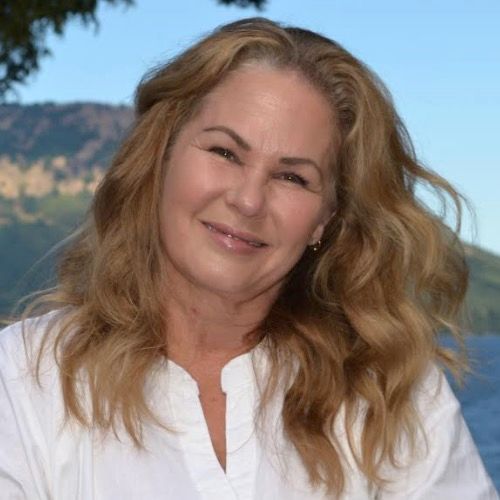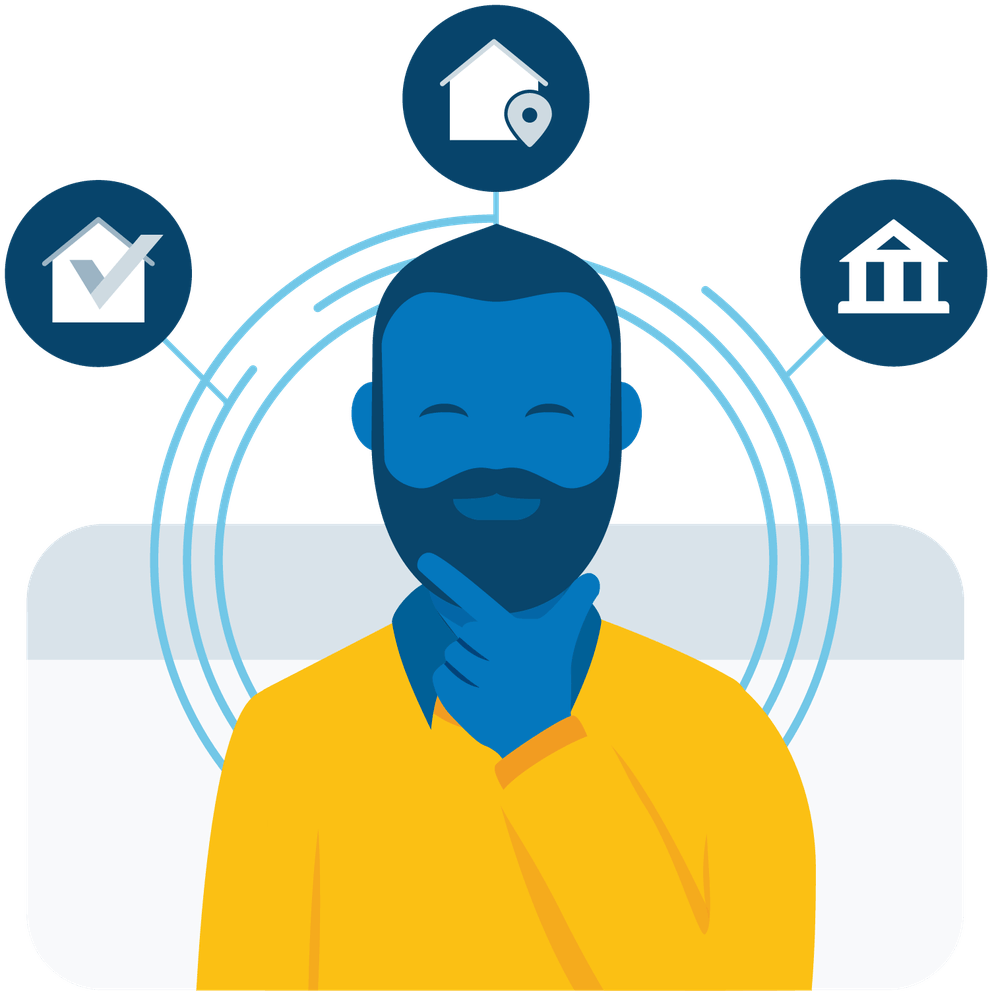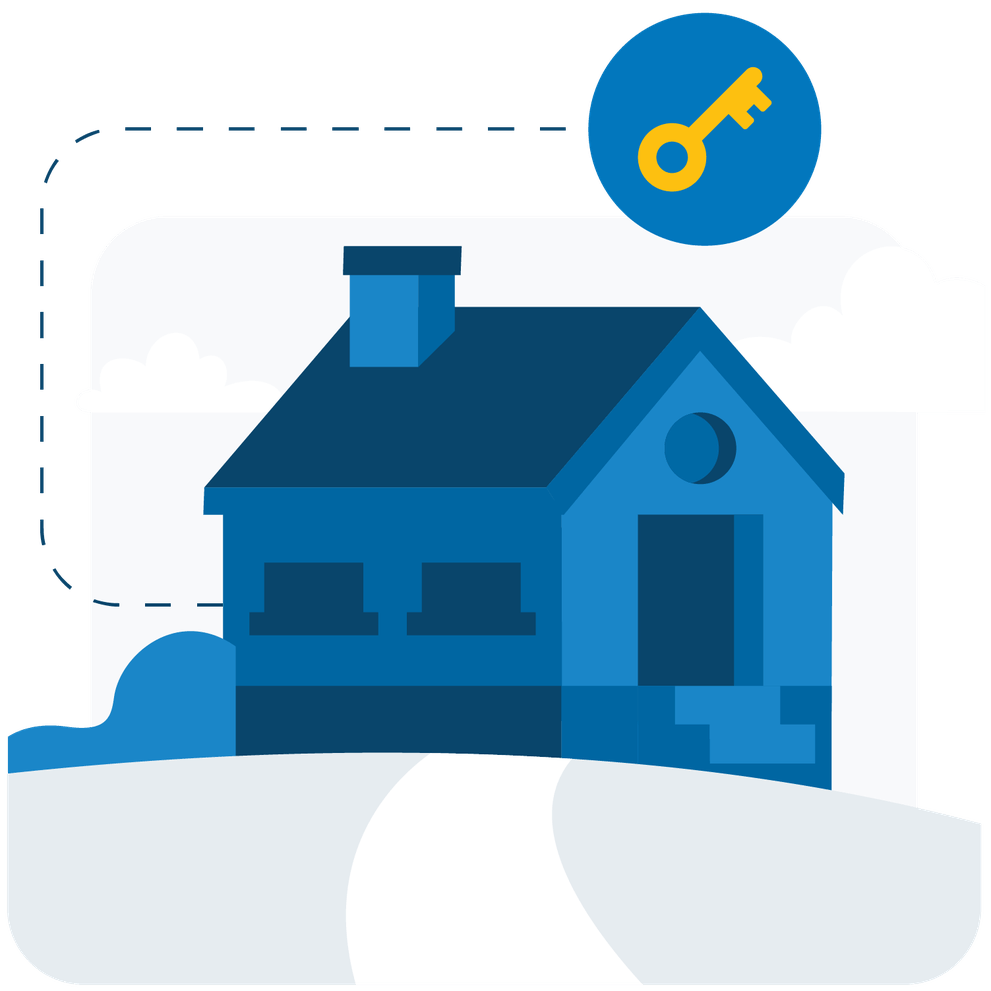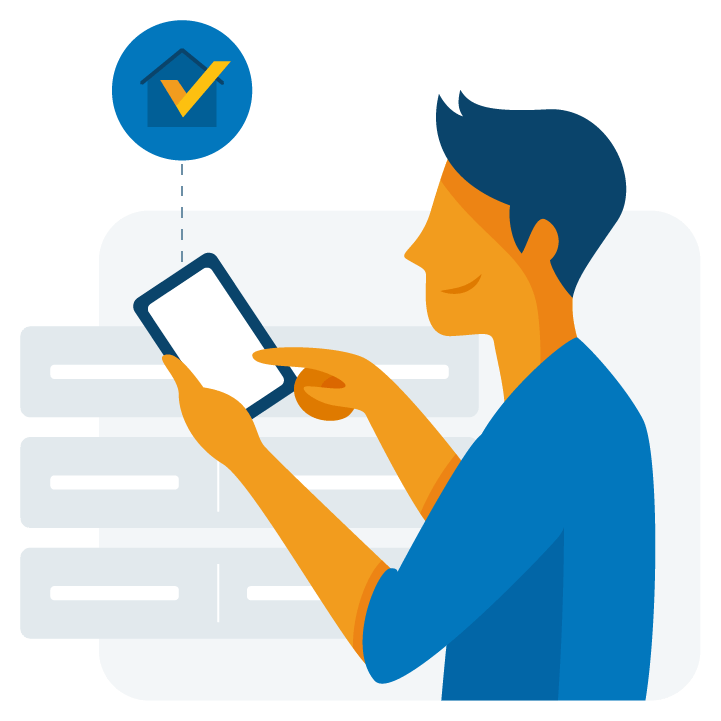MEET Our team
I have dedicated over two decades to helping clients across Canada achieve their dreams of homeownership and so many other individual mortgage requirements. Currently I reside in my home town on beautiful Vancouver Island. My mortgage journey began in 2001 with Invis in Calgary AB, We moved home to BC in 2002, joined DLC Canadian Mortgage Experts in 2010, and as of August 2023, I am excited to bring my expertise to you powered by BrokerSquared!
I am so excited and proud to have my son Tyler now working with me, joining the Family Business. Showing him the ropes and staying up to date with the ever changing Mortgage financing landscape, having two great minds strategizing together!
Beyond my professional accomplishments/awards, I find a great balance in life by ensuring personal time is created for my very treasured Husband, Todd, Family and Friends along with our two dogs, 'Putter' and 'Tove'. When I'm not immersed in the world of mortgages, you can find us exploring, fishing on our little fishing boat, travelling, hiking, and entertaining with delicious home cooked foods and fine wines. Giving back to the community is also very close to my heart and I monthly support the BCSPCA and various meaningful charities such as the ALS, MS, and Cancer Associations.
When you choose to work with me, you're choosing to collaborate with an expert who brings together years of experience, a commitment to personalized service, and an unwavering dedication to your success. I strive to make the process a smooth and stress-free experience with a few laughs along the way. Let's be honest, Mortgages and Financing can be a difficult time in our lives. Our mission is to do everything possible to alleviate these stresses, we do all of the heavy lifting on your behalf. It would be my pleasure to partner with you in achieving your personal and financial dreams!
I have enjoyed being a member of the community on Vancouver Island for the past 9 years. After spending the last 3 years professionally appraising all types of residential Real Estate at one of the best appraisal firms on the South Island, I have decided to join the family business. I have always been passionate about providing great customer service so becoming a Mortgage Professional has been a natural fit. I know that every mortgage application tells a unique story, and I am dedicated to working with our clients to ensure the mortgage process is a positive experience. In my free time you can find me on the golf course, out fishing, camping or enjoying a local concert.
We are committed to helping you find the best mortgage given your financial situation. The best way to start the process of working together is to start an application or book a call with us. I look forward to helping you find the best Mortgage Product for you. Period.
Finding the best mortgage can be frustrating. It doesn't have to be when you follow our 3 step plan.
Get started right away
The best place to start is to connect with us directly. Our commitment is to listen to your needs,
assess your financial situation, provide professional mortgage advice, and
guide you through the mortgage process.
Get clarity
Sorting through all the different mortgage lenders, rates, terms, and features can be overwhelming.
Let us cut through the noise.
We'll outline the best mortgage products available with your needs in mind.
Proceed with confidence
Our goal is to make sure you
know exactly where you stand at all times. From your initial application through your mortgage renewal, we're available to answer any questions for as long as you need a mortgage.
Get started by completing our online mortgage application.
We'll let you know exactly where you stand so you can proceed with confidence.
Everything you need,
all in one place
As trusted mortgage providers, let us help you with these services.
Click through any of the services to learn more
Mortgage articles to keep you informed.











